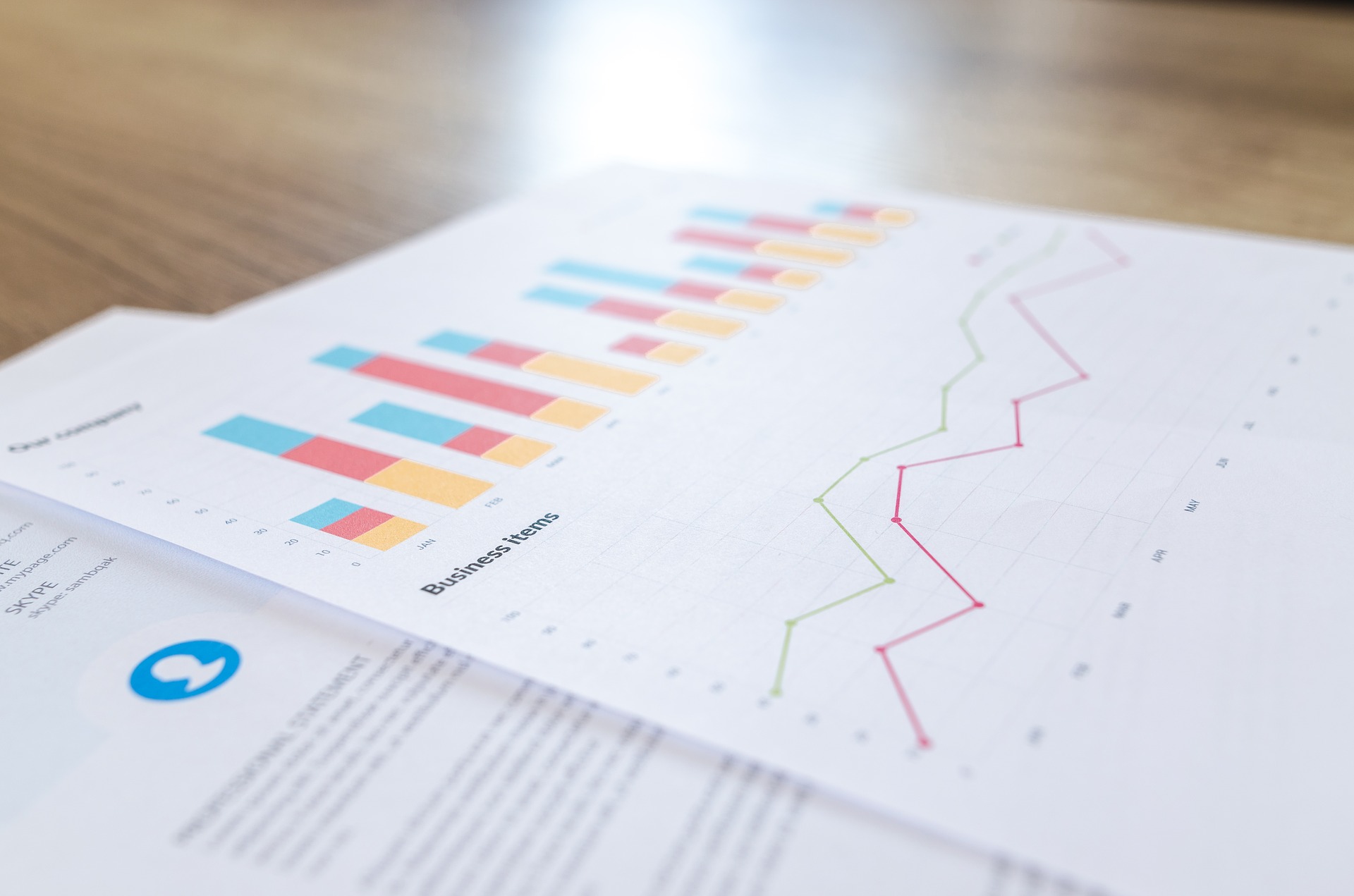EQUITIES
Asia-Pacific markets tumbled on Tuesday after a volatile session overnight on Wall Street, and as investors brace themselves for the next meeting of the U.S. Federal Reserve, while watching developments in Ukraine as tensions with Russia grow.
The ASX 200 in Australia dived 2.65% to hit an eight-month low, hurt partially by the high inflation print early this morning. Korea's KOSPI fell nearly 3% to lead the losses in the region. Hong Kong Hang Seng lost 1.24% and in mainland China, Shanghai composite was at 1.12% lower.
Japan's Nikkei skidded 2% to its lowest level since August, and in Southeast Asia, the FTSE Straits Times Index declined 1.15%.
Overnight on Wall Street, stocks sold off earlier in the session before mounted a dramatic comeback as investors stepped in to buy beaten-up tech shares. The Dow closing 0.3%, at 34,364.50, gaining for the first day in seven. The S&P 500 closed higher after briefly hitting correction territory earlier in the session, falling more than 10% from its Jan. 3 record close. It finished 0.3% higher at 4,410.13. The Nasdaq Composite Index turned positive after being down as much as 4.9% earlier in the session, gaining 0.6% at 13,855.13.
OIL
Oil prices climbed on Tuesday, regaining some of the ground lost in the previous day's sharp losses, on concerns over possible supply disruptions amid rising geopolitical tensions in both Eastern Europe and the Middle East.
The Brent now traded at $86.89 per barrel, and the U.S. crude futures traded at $83.78 per barrel.
The benchmarks fell around 2% overnight, with the Brent futures ends at $86.27 a barrel, while the WTI crude oil prices closed to $83.31 per barrel.
CURRENCIES
The escalating worries about a faster pace of Federal Reserve policy tightening and mounting geopolitical tensions put investors seeking safety in Treasuries and the greenback.
The safe-haven U.S. dollar hovered near a two-week high against its major peers on Tuesday, was at 95.972, rising sharply from levels around 95.6.
The 10-year U.S. Treasury note yield was higher by 1.765%, steady on the day, having finished a choppy day of trading Monday near where they started.
Bitcoin hit a six-month low Wednesday, but was up slightly late Monday to $36,921, still well below the November all-time high of $69,000.
Bitcoin returned to positive territory after crashing to its lowest point since July overnight. It was up 2.5% on Tuesday to trade around $36,087. It has halved in value since touching a record $69,000 in November. Smaller rival ether last traded around $2,396, following its dive to a six-month low of $2,160.
GOLD
Gold held on to its recent gains as investors sought safety. The spot price was at $1,842.00 an ounce, flat on the day but near last week's two-month high of $1,847.70.
ECONOMIC OUTLOOK
Asian markets were being dragged lower by concerns about faster U.S. rate hikes, mounting tensions over Ukraine, rising inflation and higher oil prices.
The Fed begins a two-day policy meeting later today, keeping traders on their toes for any hints on the timing and pace of rate hikes, as well as about how fast the central bank will shrink its more-than $8 trillion holdings of Treasuries and mortgage debt.
Geopolitical tensions were in focus as well, with fears of a Russian invasion of Ukraine growing, as the military build-up at the border shows no sign of dissipating and crisis talks remain at an impasse. NATO said on Monday it was putting forces on standby and reinforcing eastern Europe with more ships and fighter jets, in what Russia denounced as Western "hysteria" in response to its build-up of troops on the Ukraine border.
South Korea’s economy grew 1.1% in the Q4’21 compared to the previous quarter, the Bank of Korea said in a press release on Tuesday. For the full year, the country’s GDP expanded by 4% in 2021, the fastest in 11 years.













